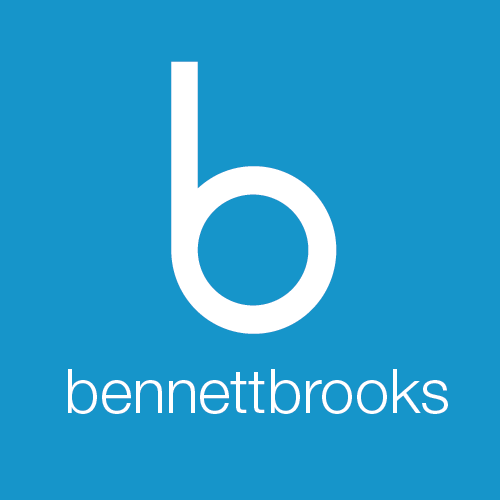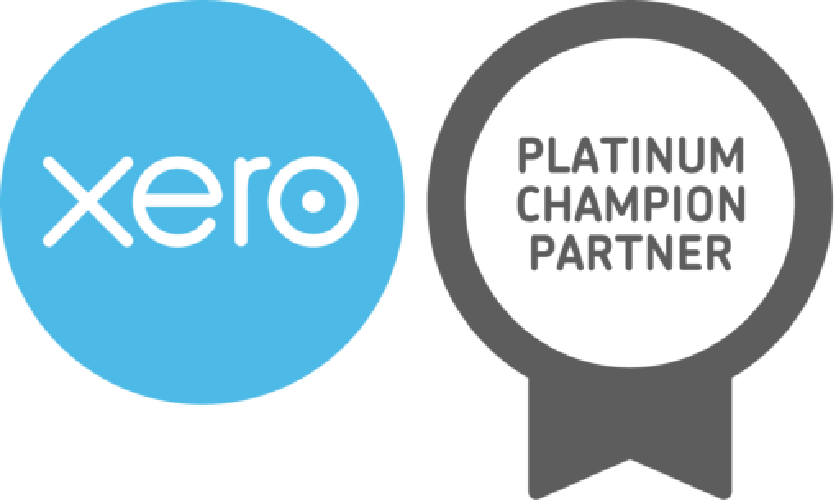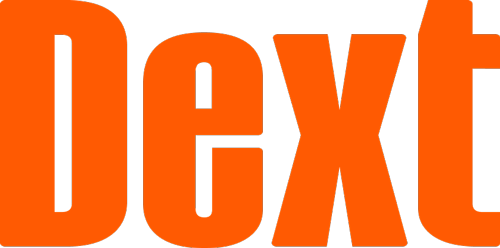You will have to use a digital product to track income and expenses
While many choose to do this already, keeping digital records of all your business income and expenses will become a requirement from the Making Tax Digital start date in April 2024. Any software will need be HMRC-approved, and compatible with MTD.
https://www.gov.uk/guidance/find-software-thats-compatible-with-making-tax-digital-for-income-tax
You will have to submit your income and expenses four times per year, instead of one
Every three months, you’ll need to send a summary of your business income and expenses to HMRC. After you have submitted an update, you will then be able to see a year-to-date calculation of how much tax you owe based on the information you provide.
You will need to send an end of period statement at the end of the tax year
This is where you finalise your total business income and expenses for the year as a whole—essentially confirming that the quarterly updates you sent throughout the year are correct. It also gives you an opportunity to make any adjustments if you need to and make HMRC aware of any personal income you have or reliefs you want to claim.
You will also need to submit a final declaration at the end of the year
At the end of each year, you’ll also have to submit a final declaration. This basically just confirms the information you have already given in your end of period statement. This replaces the Self Assessment tax return under the current system, and the deadline for it is the same: 31st January in the year following the tax year you’re declaring for.
For example, when you submit your final declaration for the tax year 2024–2025, the deadline will be 31st January 2026. This is also the date by which you’ll have to pay any tax you owe.
Preparing and signing up for MTD for ITSA
When do I need to start preparing for Making Tax Digital?
You need to be signed up for MTD by 6th April 2024. That might seem like a long way away, but you do need to start planning for it now. It’s a big change and it will take some getting used to.
If you already use a cloud based bookkeeping tool, then you are off to a good start. But if you’re working from homemade spreadsheets or just keep sales invoices and receipts for your accountant to pull together at year end, then you might want to discuss with us what’s available.
The sooner you start getting into the right habits around digital bookkeeping, the more comfortable and familiar you’ll be with it when the time comes.
Can my accountant sign up for me?
Yes, your accountant can sign up for MTD on your behalf and will be able to submit your quarterly updates, end of period statements, and final declarations for you too. You’ll need to provide them with all the information they need to sign up, so make sure you speak to them about this ahead of time. They will also have to send you a unique link where you can log in with your Government Gateway ID and password to give them permission to send your returns for you.
Also, even if your accountant is handling the admin for you, you’ll still need to follow the rules brought in by MTD by keeping digital records of your income and expenses. With most apps and cloud software, you can invite your accountant in to view your bookkeeping.
Digital record-keeping and reports
So, knowing that you will have to submit four reports of your income and expenses instead of one, and a final statement at the end of the year, how will digital record-keeping and submitting your reports via an app or cloud software work?
What software do I need for Making Tax Digital?
To satisfy Making Tax Digital, you’ll need to keep records and send your information to HMRC using accounting software. HMRC have not made this software themselves—instead, they’ve created an Application Programming Interface (API) that allows developers of accounting and bookkeeping software to connect their programs to HMRC.
In layman’s terms, this means that you’ll have a limited number of applications to choose from, which are compatible with MTD. You’ll use this to keep a record of your income and expenses and submit these digitally to HMRC.
Can I use Excel for Making Tax Digital and what records do I need to keep?
If you are using Excel to track your finances, you can continue to do so after MTD comes in—but we will not be recommending it as MTD ITSA takes hold. The reason is that we or you will have to use ‘bridging software’ to transfer your data from Excel into HMRC’s system without breaking any of the digital links (i.e. no cutting and pasting).
Please come and talk to us about using software that you can use to track your finances, send invoices, and capture your receipts and records all in one place.
Under Making Tax Digital, you will have to keep records of all incoming payments and expenses for your self-employment or property business. These records need to be kept in a MTD-approved app or software. Since you’ll be able to use this app to transfer this information to HMRC each quarter in just a few taps of your screen, this change will likely make managing your finances easier.
Depending on the app or software you choose, you might be able to connect to your bank accounts and credit cards so that transactions will automatically be imported into the software. If you need to enter information manually, you need to do this as close to the time the transaction took place as possible, and before you submit your next quarterly report.
When will I have to make my first quarterly report?
The deadline to sign up for MTD for Income Tax is 6th April 2024.
Once you’re signed up, you’ll have to send a report to HMRC every quarter. You’ll have a month after the last day of the quarter you’re reporting for to send your report. These are the dates you’ll have to submit your reports each year:
| Quarter | Period covered | Submission deadline |
| One | 6th April–5th July
|
5th August
|
| Two | 6th July–5th October
|
5th November |
| Three | 6th October–5th January
|
5th February |
| Four | 6th January–5th April
|
5th May |
This means that your first quarterly report will cover the period 6th April–5th July 2024 and will be due by 5th August 2024.
Alternatively, you can opt to submit an update for each ‘calendar quarter’, which means the reporting will be in respect of three full months each time, instead of the 6th through to the 5th of the month.
If you choose this option, the deadline for filing your report will be the same as above—and your calendar for the year will look like this:
| Quarter | Period covered | Submission deadline |
| One | 1st April – 30th June
|
5th August
|
| Two | 1st July – 30th September
|
5th November |
| Three | 1st October – 31st December
|
5th February |
| Four | 1st January – 31st March
|
5th May |
There are still more questions for us to answer on MTD for ITSA, so keep your eyes peeled for our final blog in this MTD guide where we address those frequent queries raised on the topic !
Capital Gains Tax In Divorce
Capital Gains Tax in Divorce can be a challenge in an already difficult time for all concerned. The Capital Gains Tax regime has been changed recently
Self Assessment Tax Returns
31 January is the deadline for submitting your self assessment tax return for 2023/24. It’s important that you meet the HMRC deadline
Your Tax Return – Submit it any day of the year!
On December 25th, 2023, 4,757 people filed their tax return for the 2022/23 tax year. HMRC reported 25,769 tax returns were submitted
Trivial Benefits – A tax free gesture at Christmas
At Christmas, in the spirit of giving, don’t forget about Trivial Benefits. These are tax free gestures employers can use to treat their team
Budget 2024
Budget 2024 – Now that was a budget to get our teeth into. Having spent the afternoon reading various budget documents, here are my thoughts
Are you self employed?
If you are self-employed you will hopefully have been made aware of the changes coming into force around the Basis Period Reform
Furnished Holiday Lets – Tax Changes
In the spring budget of March 2024 the (then) government announced that the special tax rules for furnished holiday lets (“FHLs”) were to be abolished. The UK political landscape then changed quickly and so we did not know whether the new government would proceed with this plan.
Payroll outsourcing – the business benefits
Payroll outsourcing is not just about offloading a task; it’s about using experts outside of your business to support your company.
Election results: What does it mean for the UK tax system?
The election results are in and the Labour party won the country’s mandate to form a new parliament. A recurring topic of discussion and disagreement in the run up to the election was that of tax,
Land sale – The Tax Implications of Selling to a Developer
If you are considering a land sale to a property developer, there are several tax considerations as well as prior structure planning involved.





